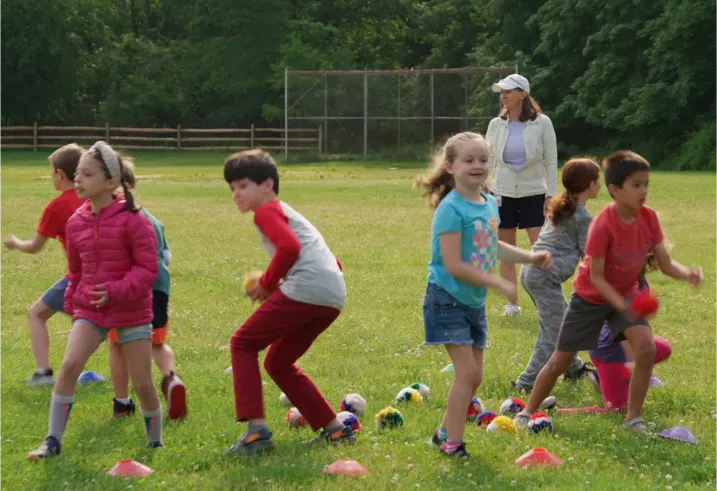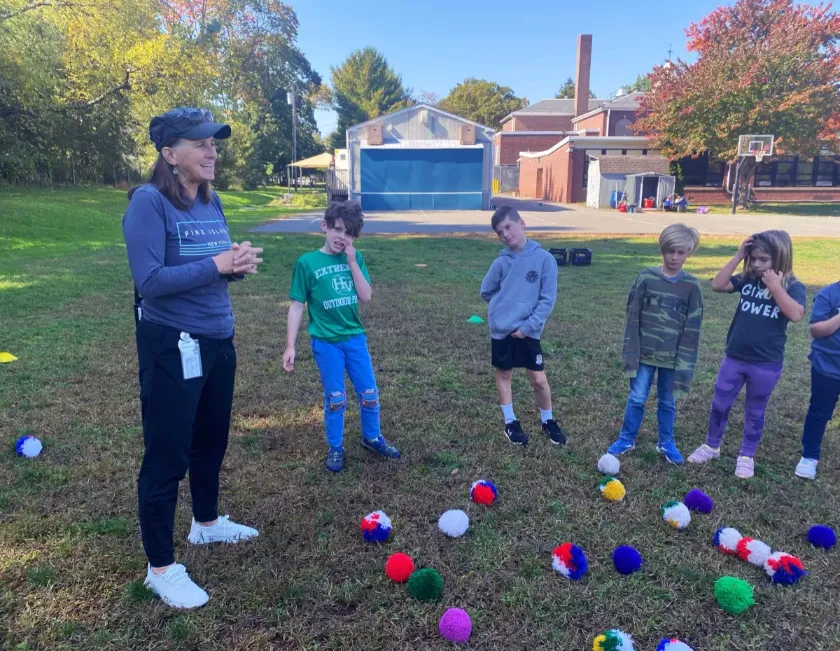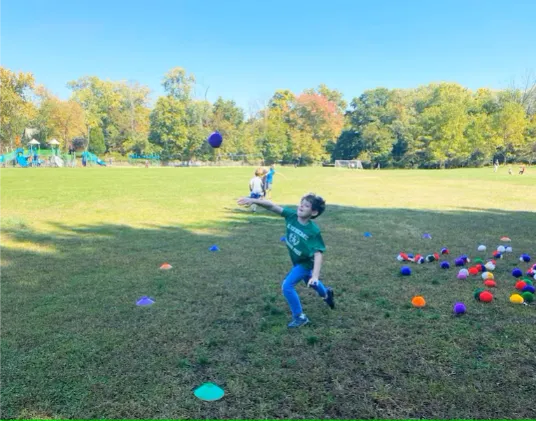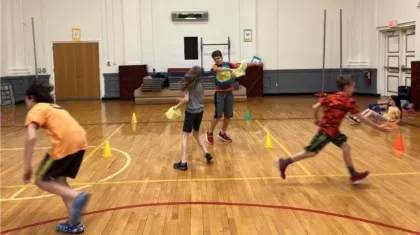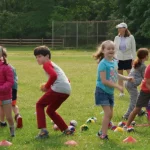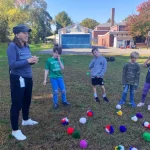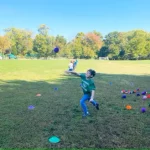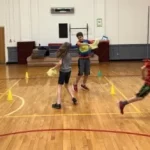Teacher: Suzanne Horsley

Suzanne Horsley
Suzanne is a Wellness teacher at Hopewell Valley Regional School District, she teachers students in pre-primary up to fith grade. She has been teaching for over 25 years and is the 2019 recipient of the NJ Society of Health and Physical Educators (NJSHAPE) Teacher of the Year. In addition to her teaching responsibilities, she serves on many committees in the district and is a blended and personalized learning instructional coach for district faculty. Outside of school, Suzanne enjoys running, hiking, reading and spending time with her family.
Usefull links related to the Solution
Overview
In this program students in kindergarten through fifth grade learn about climate change, the effects it has on human wellness, and how they can take action while moving and playing games. The problems associated with climate change can directly affect human physical health as well as affect students’ mental health- students often feel afraid and powerless when faced with the distressing realities of climate change. Playing games that teach the science and scope of abstract problems, is a perfect way to deliver the information to young children.
Theory of Change
For children, play is a way to reconcile themselves in their world – to understand their surroundings better and learn to problem solve. With this in mind, Suzanne set out to provide lessons for students to learn about their world, the Earth, and the challenge of human-affected climate change that is impacting the world, the weather of the planet, and the toll it is taking on human health.
Approach and Actions
Teaching climate change through play and movement is a very appropriate format to deliver a topic that can be both scary and abstract. Additionally, providing time to debrief – for example by having a Socratic Seminar – is an appropriate approach for students to articulate their thoughts and emotions.
Suzanne has planned a course of lessons tailored to the different age groups in her school, these lessons cover a range of climate change issues. One example of a lesson planned by Suzanne is entitled ‘Catch your Breath’. In this lesson, students are asked to imagine the planet in the 1500s or 1700s and the actions humans took part in etc. The game involves some students acting as trees and other students throwing balls of yarn, which represent Carbon Dioxide (CO₂), when a ball is caught by a tree it is removed from the atmosphere. This continues until all CO₂ has been removed from the atmosphere. The game is repeated with different scenarios including more CO₂ and fewer trees. The different scenarios generate discussion as to how and why different amounts of CO₂ are absorbed.
Students have an opportunity to see and participate in a game that helps them better understand the carbon cycle and human impact on that cycle. At the conclusion of the game, students debrief in a Socratic Seminar to allow them to process together, verbalise their thoughts and feelings, and offer potential solutions.
Lessons like this one teach climate change concepts and help students better understand the science behind the problem. They also offer students a chance to share and discuss their views, and feelings, and even to share problem-solving ideas.
Impact
Climate lessons like “Catch Your Breath” have been taught by Suzanne to approximately 300 students. The gamification of complex, abstract issues allows young students to process the information in a concrete way. The use of activity in the delivery of the lessons increases the students’ social, emotional and mental well-being which is important when learning about a potentially distressing topic such as climate change. These lessons are also having a wider impact as Suzanne shares them on the SubjectToClimate website where they can be downloaded for free by teachers all over the world. She also has shared them at conferences and in coaching sessions.
